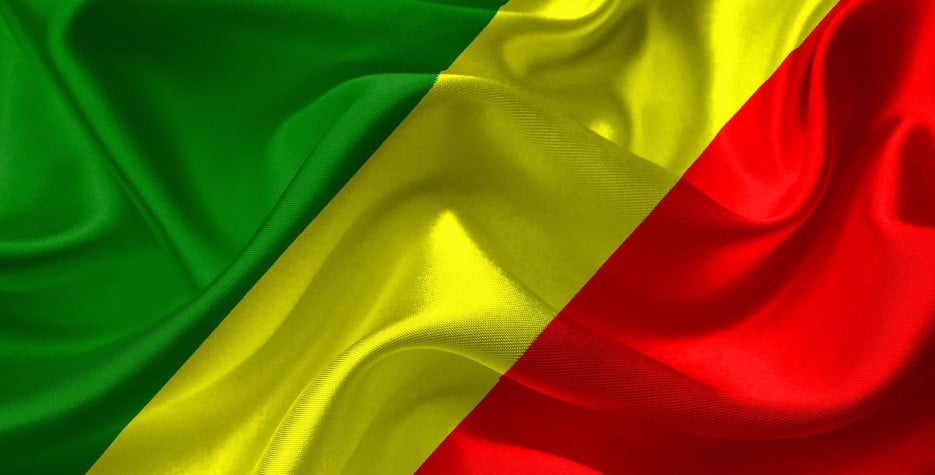When is Reconciliation Day?
Reconciliation Day is a public holiday in the Republic of Congo on June 10th each year.
This holiday is held in commemoration of the Conference on National Sovereignty that began on this day in 1991.
History of Reconciliation Day
The Republic of Congo, sometimes known as Congo Brazzaville, gained its independence from France in 1960 with Fulbert Youlou becoming its first President.
In 1964, Youlou was forced to resign after a socialist uprising is known as Les Trois Glorieuses. This brought Alphonse Massamba-Débat to power in 1964 and the start of a long period of one-party Marxist rule, with the country renamed as the People's Republic of the Congo.
Though it maintained ties with its old colonial power, France, Congo came to rely on Cuba, the Soviet Union and East Germany for support that matched its Marxist-Leninist ideology.
The collapse of the Soviet Union at the start of the 1990s made maintaining Congo's left-wing socialism impractical and in the face of mounting pressure within the country, President Sassou-Nguesso agreed to a national conference on Congo's future.
The outcome of the conference was to force the President to name a new Prime Minister, dismiss the Cabinet, rewrite the Constitution and schedule the nation's first free elections for the second half of 1992.
The conference also adopted a new national anthem, changed the colours of the flag and removed the word "people's" from the country's formal name, changing it back to its original post-independence name of the Republic of Congo.
The conference was held up as an example of how African countries could change their political direction without resorting to violence.
While Congo did return to multi-party democracy, it also saw the return of political turbulence and a civil war before the end of the decade.
Nonetheless, the conference of 1991 is still held in high regard as a milestone event in Cong's history, and one worth celebrating with a public holiday.


